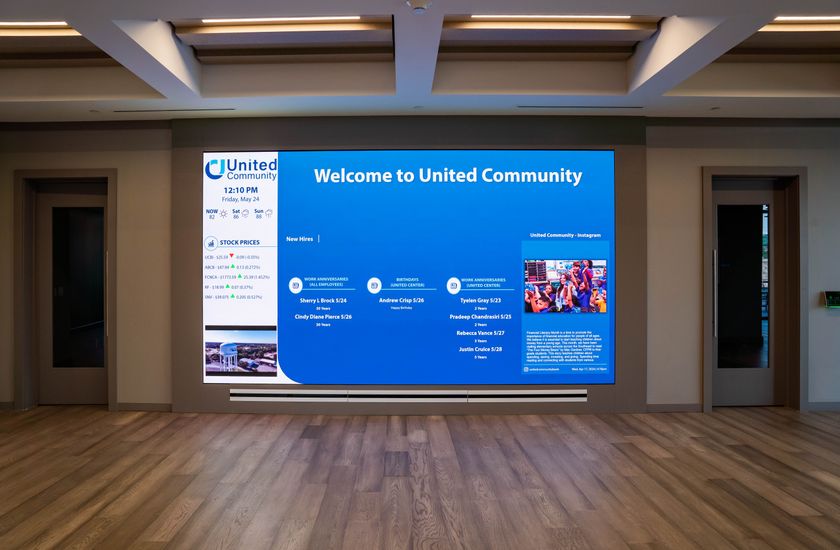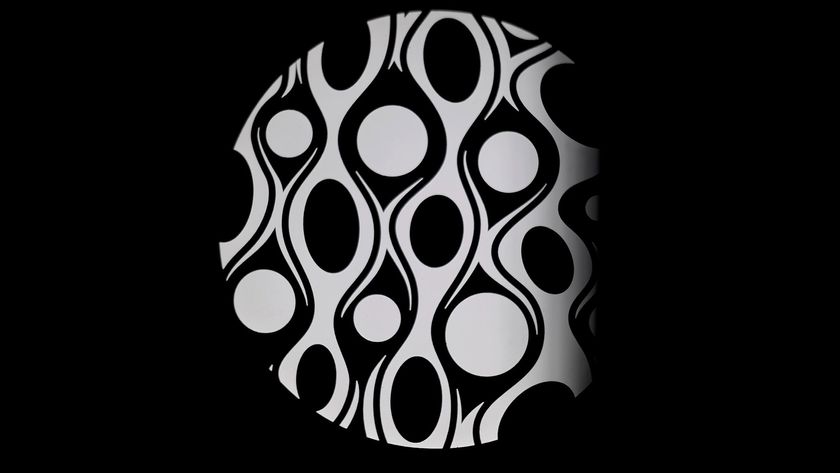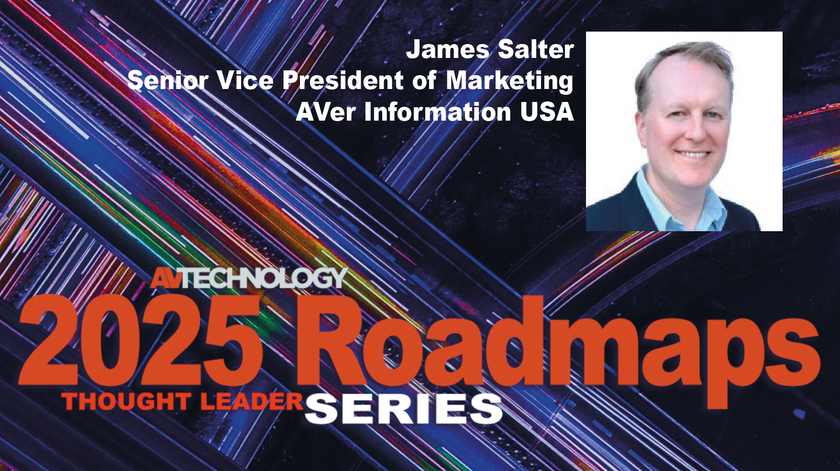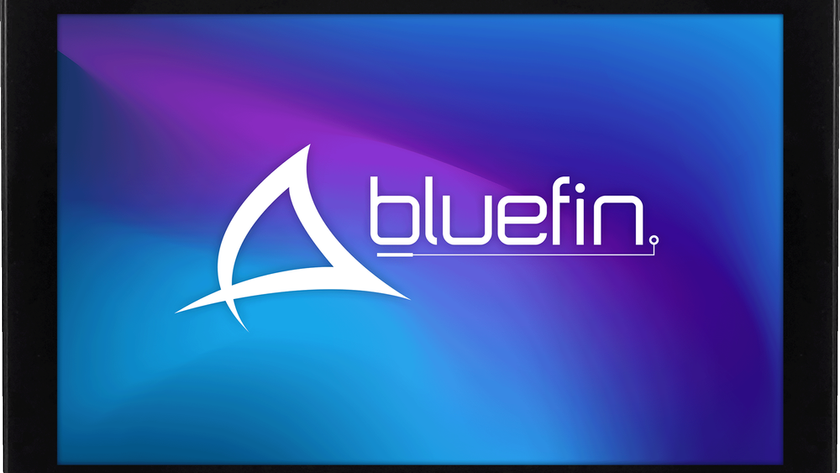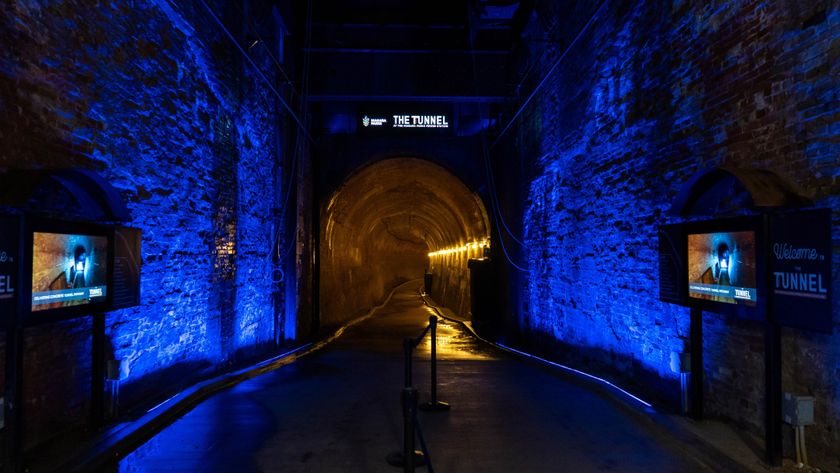NAME: John Pidgeon
COMPANY:Draper
TITLE: President
OVERTIME: Pidgeon continues to uphold the founding principles of his great-grandfather and Draper founder, Luther O. Draper. "Make a good quality product, sell it at a reasonable price," has been the company philosophy since its founding in 1902.
SCN: Few companies in the AV industry can refer to more than 100 years' operation as a family business when setting their course for the future. How does the fourth generation of founder Luther O. Draper's descendants strive to maintain his legacy as a forthright business owner?
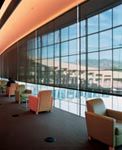
Motorized FlexShades, one of Draper's many products that promote environmentally conscious building operations, were installed at the Bozeman Public Library, which has achieved the prestigious LEED Silver certification.
SCN: Spiceland, IN has been Draper's home throughout its history. In fact, the company's first projection screen factory was housed in a former dry goods store which today serves as the local community center. How does Draper's being woven into a community's history influence its business practices?
JP: We really do take pride in our small town roots, and one reason we've remained here in Spiceland is the responsibility we feel to this community. We've worked to help the local public library, volunteer fire department, community center, school corporation, and youth organizations. We consistently support the volunteer and community activities of our employees. Spiceland is a small town, and it is very important that we give back to the community to ensure its future.
We've also helped bring environmental issues to the fore locally. We played a central role in setting up a convenient mixed use recycling drop-off for residents in Spiceland. We're an active participant in the local waste management council. One of our proudest moments was when we were recognized as the "2007 Environmentalist of the Year" by the Three Rivers Solid Waste Management District, because it shows that no matter where you live or what you do, you can make changes and promote good environmental stewardship.
SCN: Draper has taken a leading role in adopting "green" operations and manufacturing processes. How was the decision made to join the U.S. Green Building Council and focus on LEED standards?
- We first heard about the USGBC through our work with architects and designers. The more we learned about the organization the more we found we agreed with their mission to promote environmentally friendly buildings and construction practices. I think that message probably resonated so strongly with us because of our company background and knowledge of issues such as glare reduction and energy conservation.
- Through the USGBC we learned about the LEED rating system, and felt it was important that our sales and marketing staff understand it. A number of our employees have received LEED training, and we currently have 11 LEED Accredited Professionals on staff.
The original Draper window shadefactory was opened by Luther O. Draper in 1902.
SCN: Draper offers educational sessions certified for the AIA's continuing education credits. How are motorized shades and projection screens shaping the future of buildings?
JP: As the benefits of Daylighting become better understood, there are more and larger windows in new buildings. Window shades play an important role because they reflect the light and heat from the sun and reduce or eliminate glare. In this respect window shades have an advantage compared with other types of window treatments. The shades can be down and still provide a view through to the outside. Motorized shades can maximize these benefits by automatically adjusting to compensate for changing conditions.
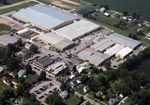
Draper's headquarters have remained in Spiceland, IN, emphasizing the responsibility the company feels to the community.
SCN: How would you complete the following sentences?
A responsible corporate citizen of the world... has concern for and commitment to its employees, community, and to the environment.
To stand the test of time, manufacturing companies... must be able to provide a high-quality product, when the customer wants it, and at a reasonable price. This is very similar to the philosophy of our founder.
The most important thing to remember when considering "green AV" is ... there are different definitions of what is green. It is important to understand what the customer considers important. For example, it could be energy consumption, indoor air quality, the use of recyclable products, or all of the above!



